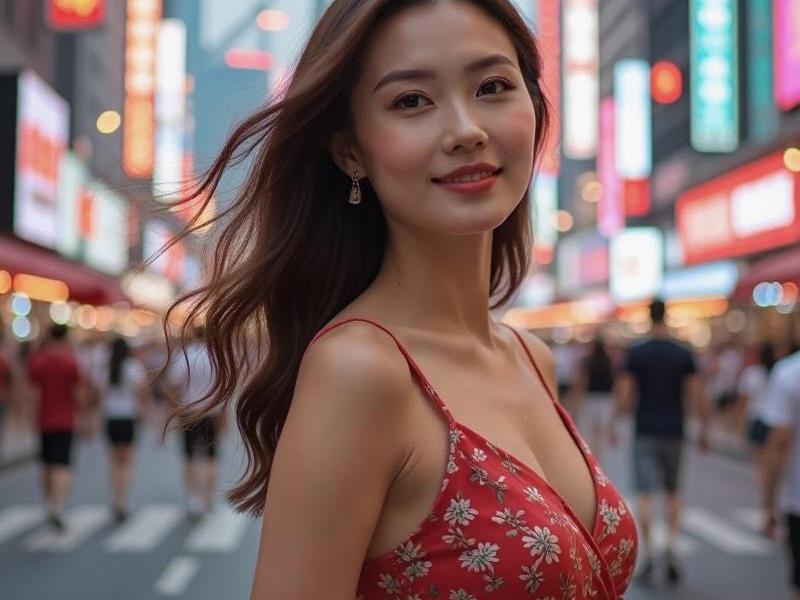This 2,500-word investigative feature examines how Shanghai women are transforming traditional concepts of beauty into tools for social mobility, economic power, and cultural leadership in China's most cosmopolitan city.

Section 1: The Shanghai Beauty Paradox
Statistical overview:
- 87% of Shanghai women hold tertiary education degrees (national average: 42%)
- Female-led startups increased by 63% since 2020
- Beauty industry valued at ¥48 billion locally
"Shanghai women don't chase beauty—they weaponize it," observes Dr. Li Wenjing, gender studies professor at Fudan University.
Section 2: Four Pillars of Modern Shanghai Femininity
1. Boardroom Glamour
- Power dressing trends merging qipao elements with business attire
- Cosmetic brands developing "24-hour executive" makeup lines
新夜上海论坛 - High-profile female CEOs becoming beauty icons
2. Cultural Ambassadorship
- Revitalization of traditional hairstyles with modern twists
- Museum collaborations with fashion influencers
- Bilingual livestreamers blending Chinese aesthetics with global trends
3. Technological Empowerment
- AI beauty advisors in shopping districts
- VR makeup testing stations
- Blockchain-authenticated cosmetics combating counterfeits
4. Social Entrepreneurship
上海夜网论坛 - Beauty schools for underprivileged women
- Sustainable fashion collectives
- Age-positive modeling agencies
Section 3: Industry Transformation
Key developments:
- Male grooming market growing at 29% annually
- Cosmetic surgery tourism declining in favor of non-invasive treatments
- "Smart mirrors" becoming standard in department stores
Section 4: Controversies and Challenges
上海品茶网 Ongoing debates:
- Workplace discrimination disguised as "appearance requirements"
- Sustainability vs. fast beauty consumption
- Generation gaps in beauty perceptions
Section 5: Global Influence
Shanghai's growing impact:
- International beauty brands establishing R&D centers
- Local influencers setting global makeup trends
- Shanghai Fashion Week becoming Asian beauty benchmark
The Shanghai woman's redefinition of beauty represents more than aesthetic evolution—it's a quiet revolution in gender dynamics, economic participation, and cultural confidence.